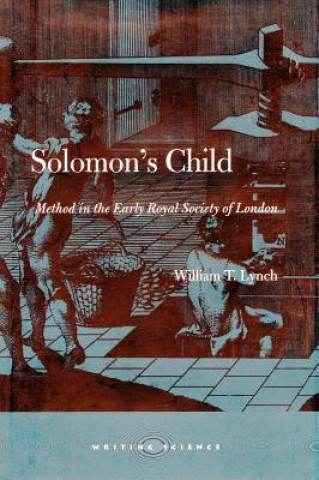
Kód: 04716801
Solomon's Child
Autor William T. Lynch
This work challenges the accepted view of the early Royal Society of London that holds that its Fellows did not seriously attempt to implement Francis Bacon's program for the methodological reform of the sciences. Instead, the boo ... celý popis
- Jazyk:
 Angličtina
Angličtina - Vazba: Pevná
- Počet stran: 312
Nakladatelství: Stanford University Press, 2002
- Více informací o knize

2504 Kč

Skladem u dodavatele v malém množství
Odesíláme za 10-14 dnů
Potřebujete více kusů?Máte-li zájem o více kusů, prověřte, prosím, nejprve dostupnost titulu na naši zákaznické podpoře.
Přidat mezi přání
Mohlo by se vám také líbit
-

Mimi and Maty to the Rescue!
443 Kč -

Pop Japan Travel
307 Kč -

Hall of Three Pines
2479 Kč -

Medicaid Fee-For-Service Payments
955 Kč -
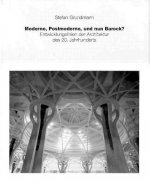
Moderne, Postmoderne und nun Barock?
1361 Kč -

August Bebel
946 Kč
Dárkový poukaz: Radost zaručena
- Darujte poukaz v libovolné hodnotě a my se postaráme o zbytek.
- Poukaz se vztahuje na celou naši nabídku.
- Elektronický poukaz vytisknete z e-mailu a můžete ihned darovat.
- Platnost poukazu je 12 měsíců od data vystavení.
Více informací o knize Solomon's Child
Nákupem získáte 250 bodů
 Anotace knihy
Anotace knihy
This work challenges the accepted view of the early Royal Society of London that holds that its Fellows did not seriously attempt to implement Francis Bacon's program for the methodological reform of the sciences. Instead, the book shows that Bacon's program shaped the Society's earliest work in important, if often contradictory, ways as fellows wedded Bacon's ideas to their various interests and problem areas. Developing Bacon's program in different directions resulted in a richer understanding of his method than the undirected empiricism often associated with his name. The author demonstrates that Bacon's call for a focus on "things themselves" was built upon three distinct images of objects of knowledge, in opposition to recent accounts that focus on the collective witnessing of matters of fact. He identifies at the core of Bacon's method a threefold metaphorical ontology of objects of knowledge and corresponding objectivities. The book reveals a picture of the Royal Society as more sophisticated and unified than previously depicted, while simultaneously demonstrating how the fellows' development of Bacon's legacy ultimately pulled in different directions. Specular objects of knowledge privileged passive observation and justified an empiricist objectivity. Manipulated objects of art or manual objects emphasized an engaged, constructivist objectivity in which knowing is doing. And, a vision of underlying forms as generative objects of knowledge, which could be combined like letters of the alphabet to produce phenomena at will, defined a theoretical concept of objectivity. These components of Bacon's method inform in varying ways the early publications of the Royal Society by John Evelyn, Robert Hooke, John Wilkins, Thomas Sprat, and John Graunt, which are examined in detail to demonstrate the collective negotiation of an ambitious inductive program employing hypotheses, active powers, and the disciplined use of analogy. Examining the Royal Society's activity in the areas of horticulture, experimentation, language reform, cultural criticism, and political arithmetic, the author synthesizes philosophical and sociological approaches to science in developing a new understanding of the Royal Society and its legacy for science, culture, and politics.
 Parametry knihy
Parametry knihy
Zařazení knihy Knihy v angličtině Society & social sciences Society & culture: general Cultural studies
2504 Kč
- Plný název: Solomon's Child
- Podnázev: Method in the Early Royal Society of London
- Autor: William T. Lynch
- Jazyk:
 Angličtina
Angličtina - Vazba: Pevná
- Počet stran: 312
- EAN: 9780804732918
- ISBN: 0804732914
- ID: 04716801
- Nakladatelství: Stanford University Press
- Hmotnost: 603 g
- Rozměry: 229 × 152 × 25 mm
- Datum vydání: 01. October 2002
Oblíbené z jiného soudku
-
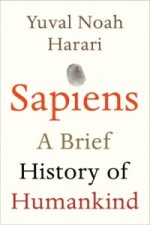
Sapiens
282 Kč -

All About Love
303 Kč -
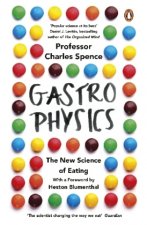
Gastrophysics
323 Kč -

Berserk: With Darkness Ink
616 Kč -
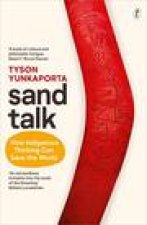
Sand Talk: How Indigenous Thinking Can Save The World
484 Kč -

Electric Kool-Aid Acid Test
421 Kč -

Psychology of Harry Potter
428 Kč -
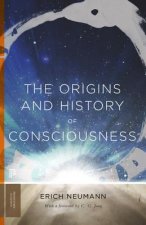
Origins and History of Consciousness
547 Kč -
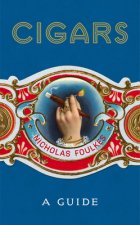
Cigars: A Guide
706 Kč -
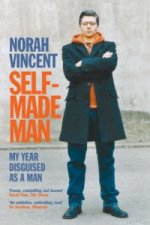
Self-Made Man
323 Kč -

Ghosts of My Life
389 Kč -
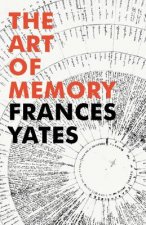
Art of Memory
517 Kč -

Esoteric Hollywood:: Sex, Cults and Symbols in Film
424 Kč -

Running the Gauntlet
789 Kč -

Pihkal
701 Kč -

Notes on Camp
90 Kč -
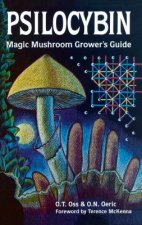
Psilocybin Magic Mushroom Guide
427 Kč -
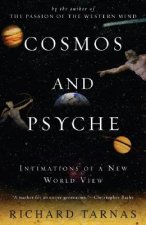
Cosmos and Psyche
465 Kč -
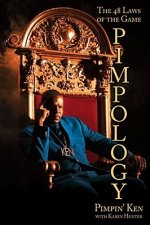
Pimpology
366 Kč -
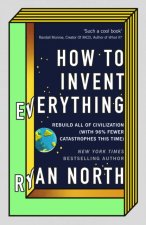
How to Invent Everything
706 Kč -
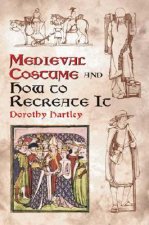
Medieval Costume and How to Recreate it
303 Kč -
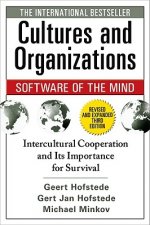
Cultures and Organizations: Software of the Mind, Third Edition
809 Kč -
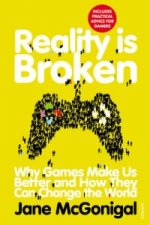
Reality is Broken
378 Kč -

Cannabis Breeder's Bible
476 Kč -
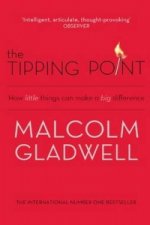
The Tipping Point
323 Kč -
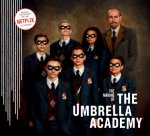
Making of The Umbrella Academy
967 Kč -
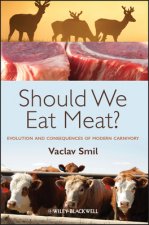
Should We Eat Meat? - Evolution and Consequences of Modern Carnivory
1023 Kč -

Conquest of Bread
303 Kč -
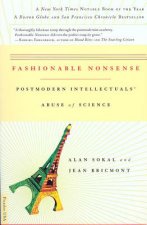
Fashionable Nonsense
447 Kč -

Traditional American Tattoo Design
582 Kč -
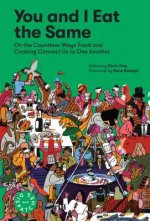
You and I Eat the Same:
405 Kč -
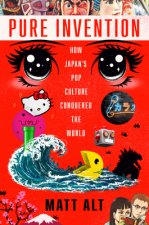
Pure Invention
668 Kč -

Chaos and Cyber Culture
536 Kč -

Cozy Days
696 Kč -
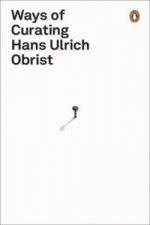
Ways of Curating
303 Kč -
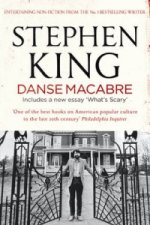
Danse Macabre
303 Kč -
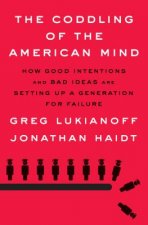
Coddling of the American Mind
650 Kč -

Sekiro: The Second Life Of Souls
679 Kč -
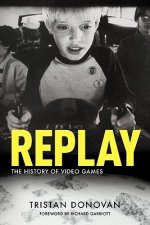
Replay: the History of Video Games
674 Kč -

Defenders of the Faith
851 Kč -

Vogue Covers: On Fashion's Front Page
544 Kč -
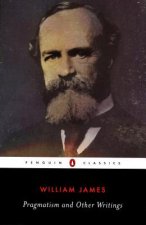
Pragmatism and Other Writings
303 Kč -
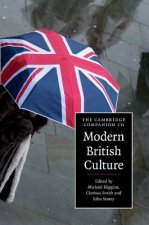
Cambridge Companion to Modern British Culture
925 Kč -
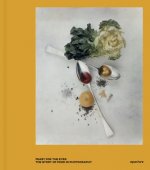
Feast for the Eyes
1341 Kč -
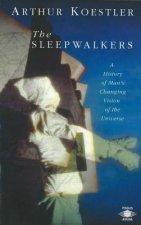
Sleepwalkers
495 Kč -
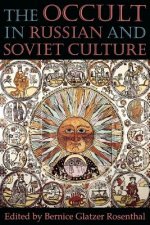
Occult in Russian and Soviet Culture
1229 Kč -
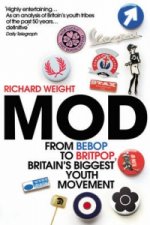
MOD
410 Kč -
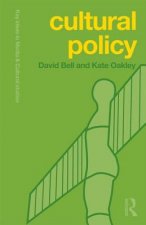
Cultural Policy
1048 Kč -
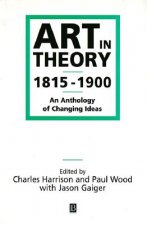
Art in Theory 1815-1900
1124 Kč
Osobní odběr Praha, Brno a 12903 dalších
Copyright ©2008-24 nejlevnejsi-knihy.cz Všechna práva vyhrazenaSoukromíCookies


 Vrácení do měsíce
Vrácení do měsíce 571 999 099 (8-15.30h)
571 999 099 (8-15.30h)